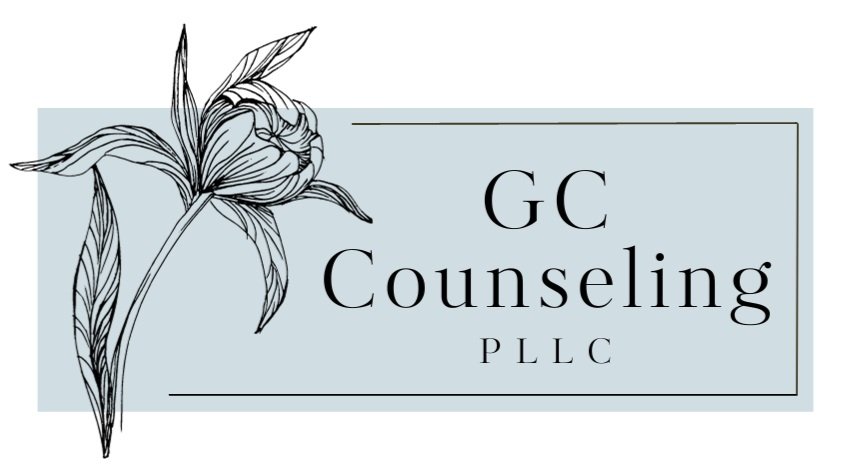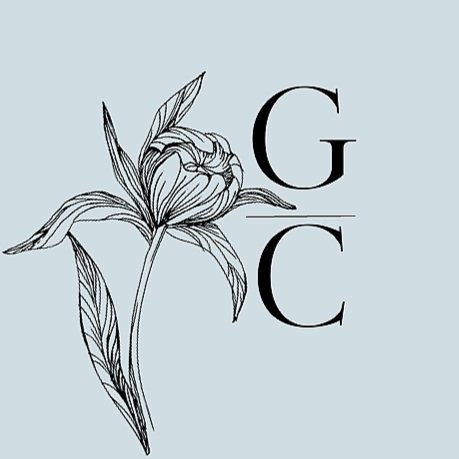What is Depression?
Depression is a mental health disorder that affects how a person thinks, feels, and behaves, and can significantly impact their daily functioning and overall quality of life.
Someone with depression can experience some or all of the following:
feelings of sadness
loss of interest or pleasure in activities that they used to enjoy
changes in their sleep
loss of energy
difficulty concentrating
thoughts of suicide and/or self harm
If you or someone you know is experiencing thoughts of suicide or self harm, please contact your local crisis hotline for resources and immediate support.
Dial: 988
What Causes Depression?
Depression is complex and can have multiple potential causes.
Depression can be influenced by a combination of genetic, biological, environmental, and psychological factors.
Significant life events, such as the loss of a loved one, trauma, relationship difficulties, or major life changes, can also trigger symptoms of depression.
Treatment for Depression
Treatment for depression typically involves a combination of: psychotherapy, medication, lifestyle changes
If you or someone you know is experiencing symptoms of depression, it's essential to seek professional help from a mental health provider. They can provide an accurate diagnosis, develop an individualized treatment plan, and offer ongoing support throughout the recovery process.
Depression is a treatable condition, and with the right support and interventions, individuals can experience significant improvement in their symptoms and overall well-being.


